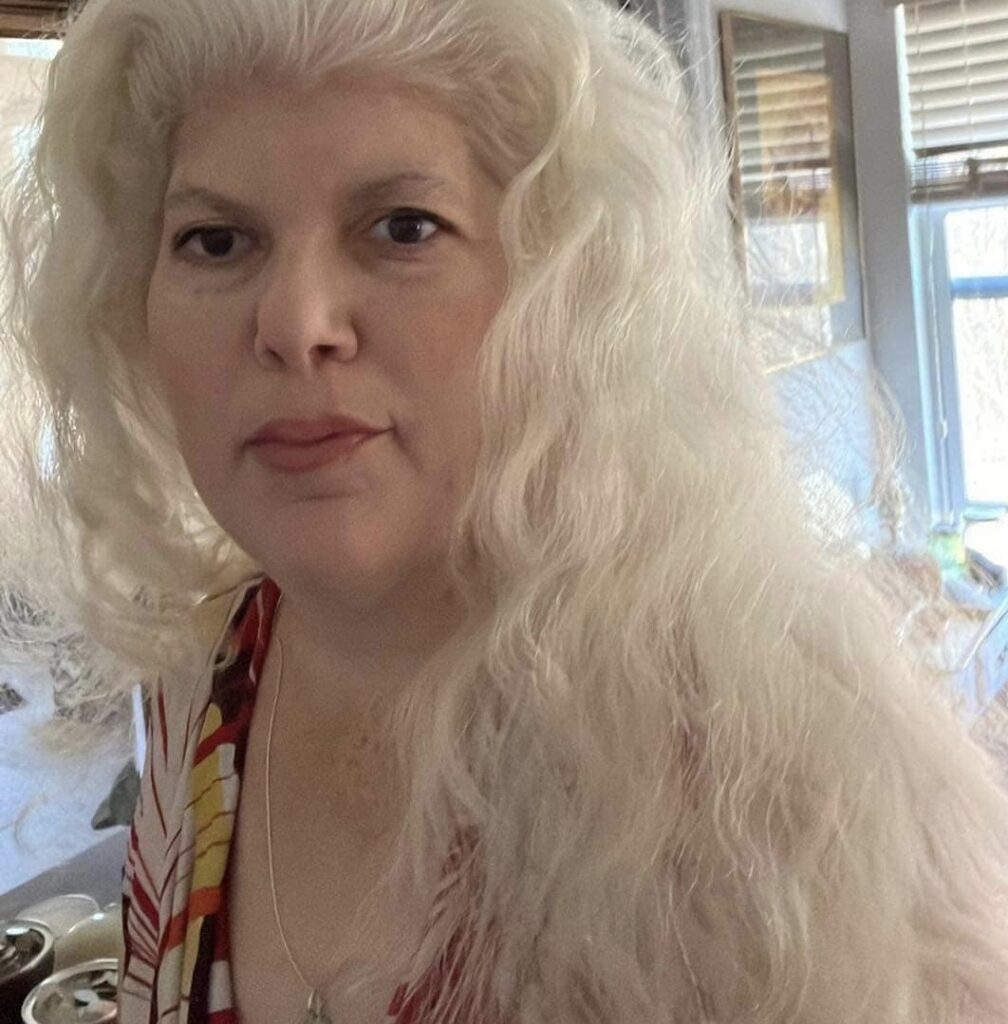Imagine you’ve had a long day, and your practice is full. You have a day’s worth of progress notes to write but do not know where to start. Maybe you’re struggling to remember what happened in your first session this morning or have fallen behind and feel overwhelmed. You may do something else entirely because the focus isn’t there.
The more you avoid it, the bigger the problem becomes; soon, you may feel like you’re drowning in piles of notes and unfinished documentation. If you have ADHD, focusing, sitting, and doing the task may be challenging. Neurodivergent brains may find these tasks boring and therefore put them off, and it can just keep piling up and creating anxiety.
If this sounds like you, there are some tools and tricks for completing progress notes you may not know about. For example, Mentalyc is a HIPAA-compliant AI that records psychotherapy sessions with your client’s permission and writes progress notes in less than two minutes.
In our user-reported surveys, many individuals have stated they have ADHD. Using time-saving tools to focus on more critical aspects of your practice can help and has helped many of our users.
What is ADHD?
Attention-Deficit Hyperactivity Disorder (ADHD) is a mental health disorder that can cause many disruptions and be very distressing and overwhelming to the person dealing with it. Many individuals with ADHD have trouble remaining focused and holding attention to tasks. They may also have difficulty ignoring distractions or become overstimulated by sensory input.
While many people have a picture of what ADHD looks like in children, it may present differently for adults. Often people with ADHD can become overwhelmed quickly, have difficulty with emotional regulation, and tasks that require executive functioning skills can be challenging. The brains of individuals with ADHD are different than those who are neurotypical.
Research from 2021 discusses that 2.5%-5% of adults have ADHD, and many are undiagnosed due to a lack of research and understanding from clinicians. ADHD is also comorbid with many other mental health issues, such as depressive disorders, anxiety disorders, and substance use disorders, among many others.
Adults with ADHD may have difficulty maintaining relationships and have challenges in occupational settings. The same research discusses that people with ADHD often have difficulty obtaining and maintaining employment, procrastinate, become easily distracted, miss work, and have poor time management skills. While many people misunderstand ADHD, there are tools, tricks, and systems clinicians can use to help alleviate some of these challenges.
How can ADHD impact mental health clinicians?
ADHD can impact mental health clinicians in many ways. As one of our users, Tiffany, has discussed in an interview, having ADHD, Dyslexia, being hard of hearing, a vision impairment, and congenital disabilities have impacted her practice, and she had to find tools to make it easier for her.
She discussed having trouble recalling information and difficulty with her memory as well as processing information. Processing information is challenging for many people with ADHD, making it hard to remember what your clients discussed or prioritize your sessions’ content. If you also have difficulty with time management skills, knowing what to focus on can be challenging, or you may have trouble scheduling client sessions.
For various forms of documentation, ADHD can be stressful. Here are some challenges you might face during each step of documentation:
- Intake: Intake documentation involves summarizing large amounts of background information on your client. If you’re a mental health professional with ADHD, it can be hard to remember all the details from your intake and summarize them in an organized way. However, this step is essential because it helps clinicians formulate treatment plans and directs where to go in therapy.
- Progress notes: Because you often have to document progress notes after every psychotherapy session, this portion of documentation for clinicians can be time-consuming and overwhelming. It can be easy to fall behind without using proper strategies and tools.
- Discharge note/summary: Discharge notes must be provided at the end of a client’s treatment. Discharge notes can be complex for mental health professionals with ADHD because it may be difficult to conceptualize the client’s progress or lack thereof and provide a summary of the client’s treatment.
While each part of the documentation can present unique barriers to being proficient at documentation, there are tools and systems you can implement to make it easier on yourself.
What strategies can I use to help with my ADHD when writing notes?
When documenting information as a mental health clinician, you often have to think about medical necessity, what information goes into a progress note, or what you should ask or follow up with at the intake. This information may become overwhelming to you at times, and it can be hard to find what works for you.
Some strategies that may be helpful if you have ADHD include:
- Collaborative documentation: Collaborative documentation can be helpful for some clinicians. Finding a system to help you document your sessions while you’re with the client can alleviate the stress of writing your progress note later. For some mental health professionals, this can make things easier. For others, it may be challenging to stick to or take your focus away from what your client is saying.
- Setting timers: Setting timers to work on notes for a specified period can be helpful if you build it into your day. This strategy can also help if you’re behind on progress notes. For example, the POMODORO technique can be beneficial as it consists of using 25 minutes blocks of work followed by 5-minute breaks.
- Virtual body doubling: Virtual body doubling is excellent when you need help completing a task. Websites such as Focusmate allow you to have a virtual body double. You can use Focusmate for free up to 3 times per week in 25, 50, or 75-minute sessions. You check in with your body double about what you hope to accomplish during the session and stay on video during the specified block of time. You then check in at the end of time to share what you accomplished.
- Using assistive technologies:
You can use AI tools to help you document intake and progress notes and other chart notes you might need to add. Additionally, you can use AI grammar-checker software to help you complete your notes.
What tools are available to me?
Many mental health professionals use electronic health records systems (EHRs). Electronic health record systems offer a way to electronically store all documentation needed for a client’s chart and give you a scheduling method. Some EHRs provide additional features such as telehealth video conferencing. Additionally, depending on the EHR you use, you can also have help with billing. When choosing an EHR, you must decide what features you need for your practice.
Some electronic health records systems include:
Electronic health records systems can help make practice management more manageable for you.
If you have ADHD, writing notes can be made easier and faster without having to write them yourself. Mentalyc’s AI writes your progress notes by recording your sessions and picking out the relevant information to include in your notes. Mentalyc offers several note formats that meet your needs for documentation. It’s all HIPAA-compliant, and Mentalyc even offers consent forms for your clients to sign.
Using AI tools can help you spend less time writing notes and more time focusing on your clients. As a result, you don’t have to stress about getting behind on notes or remembering what to write.
Interview with Tiffany Swift (A Licensed Professional Counselor With ADHD)
In an interview with one of our users, Tiffany Swift stated:
“Mentalyc is very detailed; it’s an amazing feature that you guys can capture all the details. If we did this on our own, it’s very easy to miss information, so you don’t have to concentrate as heavily on getting all the details; you just let the person talk.”
She also discussed the benefits that Mentalyc can have on time management which is a challenge for many people with ADHD. Tiffany discussed how notes used to take between one to two hours at the end of her day, but with Mentalyc, it decreased the time to write each note, and now writing a note only takes a couple of minutes. She says this tool has saved her time and alleviated the anxiety associated with insurance audits.
Tiffany recommends trying out Mentalyc even if you’re hesitant, as she states it’s made her life a lot easier, and she can be more focused and present with her clients. Tiffany says she has had enough barriers and challenges as a neurodivergent clinician, and this software has taken a lot of stress off of her. She also has advocated for herself and disability accommodations and models this for her clients.
In addition to Mentalyc, you can use grammar checkers such as:
These tools can help you proofread and correct grammar in your notes. These tools can also be helpful for spell-checking. You can have quality notes if you know what tools to use.
Overview
ADHD can be a complex condition to live with. It can cause cycles of procrastination that make you feel overwhelmed, ashamed, and guilty. On the other hand, using ADHD-friendly strategies can help you get more done. In addition, you don’t have to document sessions without any assistance. AI note-writing tools and grammar checkers can help ensure your notes are error-free. If you’re behind on progress notes, developing a plan to get caught up and finding tools and systems that work for you can make a difference. When you find a plan you like best and can implement regularly, you may feel less stressed and less overwhelmed with documentation.
About Tiffany Swift
Tiffany Swift is a Licensed Professional Counselor who owns Swift Counseling. Tiffany provides virtual therapy to clients who live in Missouri. Her specialties include trauma, PTSD, internal personality struggles, spirituality, and relationship conflicts.

References:
- Swift, T. Personal Communication. (April 22, 2023).
- Prakash, J., Chatterjee, K., Guha, S., Srivastava, K., & Chauhan, V. S. (2021). Adult attention-deficit Hyperactivity disorder: From clinical reality toward conceptual clarity. Industrial psychiatry journal, 30(1), 23–28. https://doi.org/10.4103/ipj.ipj_7_21


